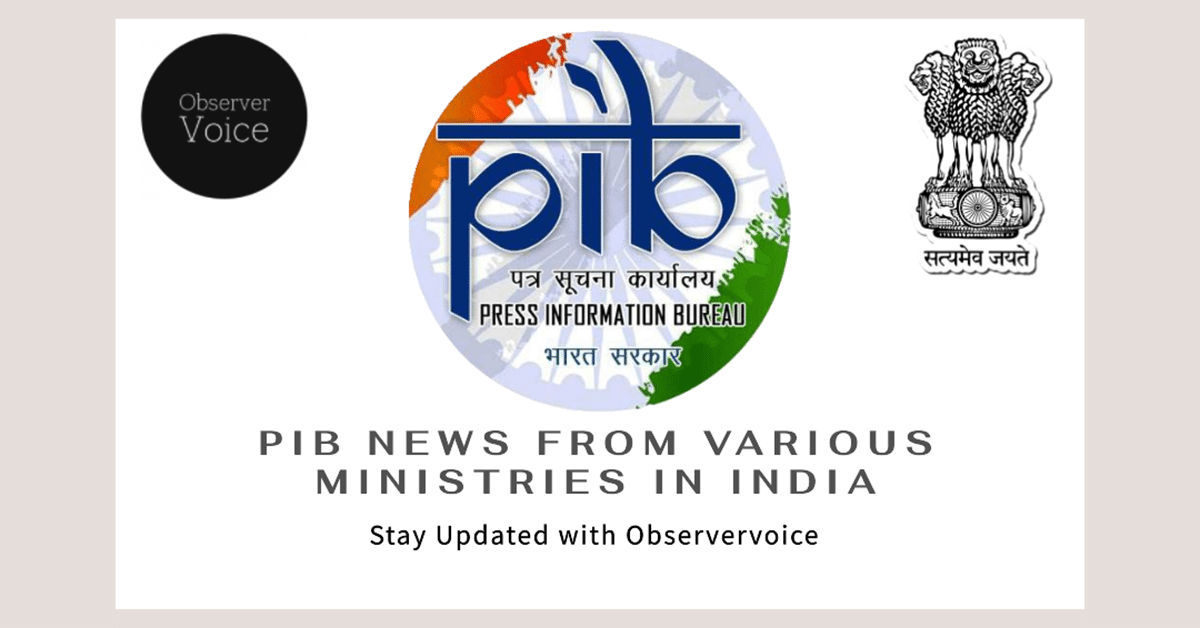Remembering Dr. Manmohan Singh: A National Loss

The Union Cabinet, led by Prime Minister Narendra Modi, has expressed deep sorrow over the passing of Dr. Manmohan Singh, the former Prime Minister of India. On December 26, 2024, Dr. Singh passed away at the All India Institute of Medical Sciences in New Delhi. In a solemn gesture, the Cabinet observed a two-minute silence to honor his memory. The nation now enters a period of mourning as it reflects on the significant contributions of this esteemed leader.
National Mourning and Tributes
In recognition of Dr. Singh’s contributions to India, the government has declared a seven-day state mourning period, lasting until January 1, 2025. During this time, the National Flag will be flown at half-mast across the country. This gesture symbolizes the nation’s respect and grief for a leader who played a pivotal role in shaping modern India.
The mourning extends beyond India’s borders. The National Flag will also be flown at half-mast at all Indian Missions and High Commissions abroad. This act serves as a reminder of Dr. Singh’s global influence and the respect he garnered internationally. Furthermore, a state funeral will be held in his honor. On the day of the funeral, a half-day holiday will be declared for all Central Government offices and Central Public Sector Undertakings (CPSUs), allowing citizens to pay their respects.
A Legacy of Leadership and Service
Dr. Manmohan Singh was born on September 26, 1932, in Gah, West Punjab, which is now part of Pakistan. He had an illustrious academic career, earning a Master’s degree in Economics from Panjab University in 1954. He later received his Tripos in Economics from the University of Cambridge in 1957, graduating with First Class Honours. His academic journey culminated in a D. Phil Degree from the University of Oxford in 1962.
Dr. Singh’s professional journey began as a Senior Lecturer at Panjab University, where he later became a Professor of Economics. His expertise in international trade led him to the Delhi School of Economics. Over the years, he held several key positions, including Economic Adviser in the Ministry of Foreign Trade and Chief Economic Adviser in the Ministry of Finance. His tenure as Governor of the Reserve Bank of India from 1982 to 1985 further solidified his reputation as a leading economist.
Economic Reforms and Political Milestones
Dr. Singh’s most notable contributions came during his time as India’s Finance Minister from 1991 to 1996. He was instrumental in implementing significant economic reforms that transformed India’s economy. His policies helped liberalize the economy, paving the way for growth and development.
On May 22, 2004, Dr. Singh became the Prime Minister of India, a position he held until 2009. He was re-elected for a second term, serving until 2014. His leadership during these years was marked by efforts to enhance economic growth, reduce poverty, and improve social welfare. Dr. Singh’s tenure is often remembered for its focus on inclusive growth and development.
Dr. Manmohan Singh’s passing marks the end of an era. He leaves behind a legacy of integrity, intellect, and dedication to public service. The nation mourns the loss of a distinguished leader who made a lasting impact on India’s trajectory. The Cabinet has extended heartfelt condolences to his family, reflecting the collective grief of a nation that has lost an eminent statesman.
Observer Voice is the one stop site for National, International news, Sports, Editor’s Choice, Art/culture contents, Quotes and much more. We also cover historical contents. Historical contents includes World History, Indian History, and what happened today. The website also covers Entertainment across the India and World.
Follow Us on Twitter, Instagram, Facebook, & LinkedIn

